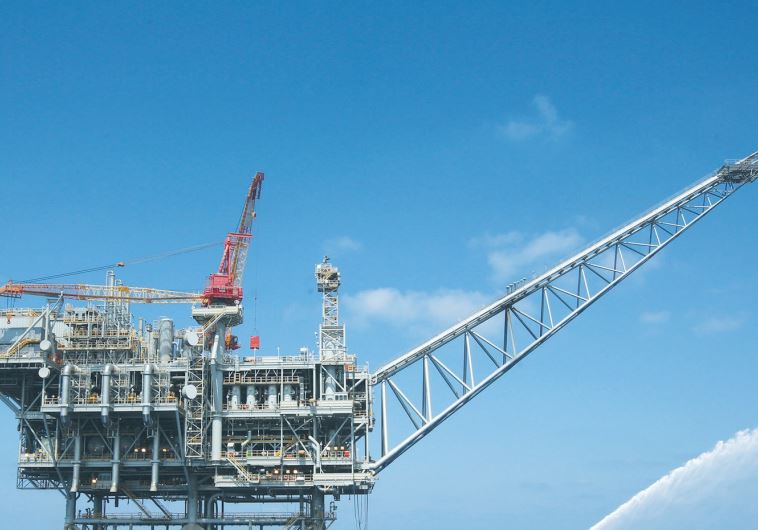Antitrust Authority eases restrictions on search for additional natural gas fields
The decision comes at a time when the natural gas sector’s fate in Israel still remains uncertain.
 THE TAMAR gas field platform juts above the Mediterranean(photo credit: MARC ISRAEL SELLEM)
THE TAMAR gas field platform juts above the Mediterranean(photo credit: MARC ISRAEL SELLEM)